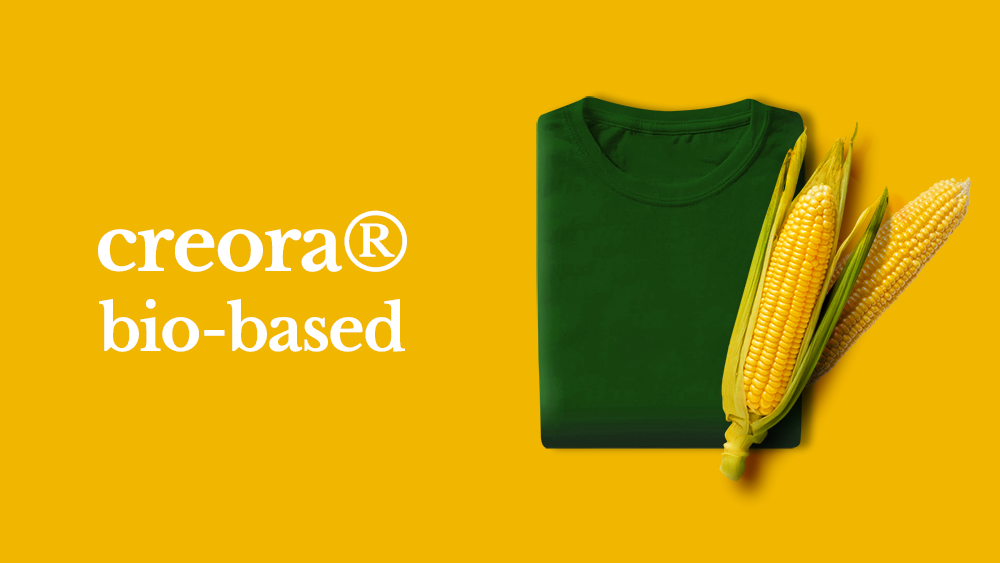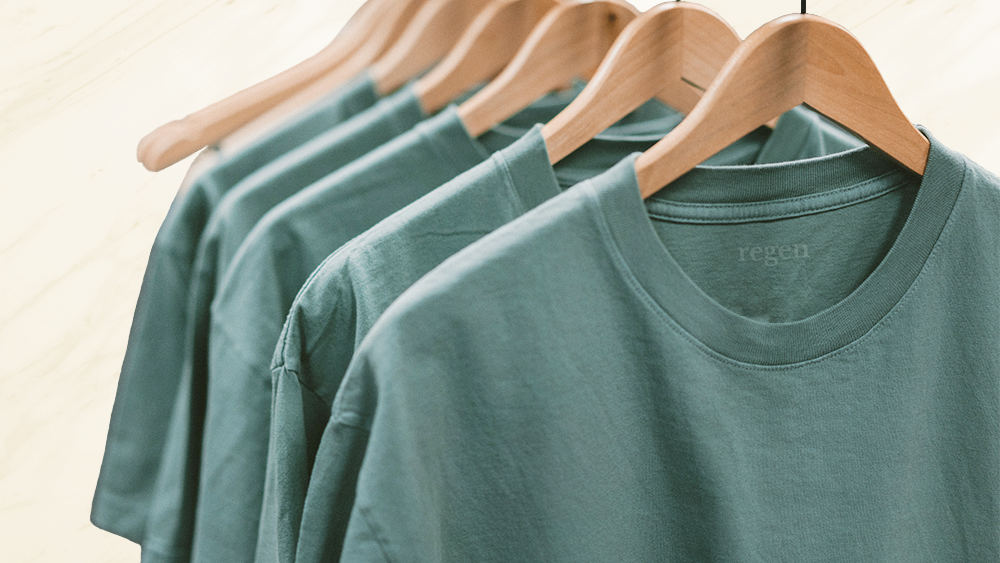Hyosung TNC has all the plans laid out when it comes to saving our planet
2023.04.08
Can you imagine a life where all clothes are made only of cotton or wool, where there is no functional fabrics available for sports wears (e.g., swimsuits made of stretchy spandex fabric and running suits that absorb sweat)? Hyosung TNC has continued to innovate the textile industry with a variety of products, including the world’s No. 1 market share spandex name creora® spandex as well as nylon and polyester, all of which have contributed to improving everyday lifestyle by brining comfort, convenience and ease.
If textiles were the main driving force behind the second Industrial Revolution, eco-friendly textiles will be driving the Fourth Industrial Revolution. Leading the textile industry with an aim to enhance the quality of life, Hyosung TNC began its development journey of sustainable, green fiber 20 years ago.

The company has long put a lot of thought into operate its production lines sustainably to co-exist and protect our planet Earth. The company manages all of its production sites in line with the ISO 14001, the international standard for environmental management system in order to monitor and control greenhouse gas emission and energy consumption.
Fiber it produces are made of eco-friendly materials or recycled consumer waste. Envisioning a virtuous cycle of sustainability, Hyosung is taking the lead in green textile industry. Here are some snapshots.
Saving the planet Earth begins with eco-friendly manufacturing
Hyosung TNC actively pursues the use of renewable energy sources in a bid to reduce greenhouse gas emission by recycling at its production sites. Hyosung uses the waste heat supplied by neighboring municipal landfill incineration facilities, and biogas produced in its factories are used as an energy source for the boilers located in the production sites.
Using such waste resources as energy source aims to contribute to sustainability and thus benefit everyone involved. Waste energy sellers can monetize energy sources that could be otherwise disposed while the buyers can purchase this recycled energy at more affordable and rational prices. Isn’t it amazing to see that greenhouse gas, a threat to our environment, can be recycled to help cut down on carbon emission?
A global leader in eco-friendly textile, Hyosung TNC

Hyosung TNC produces eco-friendly textiles made from sustainable fiber. regen® spandex, the first 100% recycled spandex, and creora® bio-based spandex, the world’s first spandex made from industrial field corn, are made from reclaimed waste and bio-based raw materials, respectively. In particular, creora® bio-based is considered an enormous success. Corn fiber has already been extensively applied to areas such as packaging paper, cosmetics and liquid detergent. Due to technological limitations, however, it could not be applied to high performance textiles which require stretch, flexibility and resilience. Despite much doubts and questions, Hyosung TNC set out to develop high-stretch corn-based spandex fiber, continuing to invest in its R&D for over two years. Based on its technological edge and know-how as the global No.1 spandex name, Hyosung TNC became the world’s first company to commercialize a high-performance spandex made of plant-based materials.
Hyosung also developed fiber made of reclaimed waste. Good examples are regen® ocean nylon made of recycled fishing nets and 100% recycled polyester yarn from post-consumer PET bottles. regen® ocean nylon is made from post-consumer recycled (PCR) nylon, first developed by Hyosung in 2007. PCR products refer to material made from consumer waste. regen® ocean nylon is made from recycled waste fishing nets that are collected from the ocean and cleaned for special proprietary processing. regen® polyester is made from discarded PET bottles. These PCR products help reduce waste that are thrown away indiscriminately. They also help Hyosung TNC reduce its carbon footprint during the manufacturing stage. regen® polyester and creora® regen respectively has 60% and 66.8% of carbon reduction impact. Hyosung TNC continues to invest in research and development in sustainable textiles.
Eco-friendly management begins at work

Member of the company also try to play their part. Hyosung TNC employees are using tumblers and cups at work under the campaign “No disposable items at work’ while the company pays for the reusable personal cups.
Hyosung TNC has launched regen® Seoul and regen® Jeju, 100% recycled polyester made from discarded PET bottles from Seoul and Jeju Island. These eco-friendly fiber were made into jerseys, jackets and pants in collaboration with global apparel brands. Hyosung TNC also has turned the recycled plastic bottles collected within the company into eco-friendly bags made from regen® polyester which later were given to the employees as gift. Its employees and management have also launched ‘plogging’ campaigns to join hands to jog and pick up trash while supporting NGOs working on collecting ocean-bound waste.
Play by examples in ESG management
As such, Hyosung TNC seeks to reflect its Green Management Vision 2030 in everything it does as part of its efforts to fight the climate change. It tries to cut down on greenhouse gas emissions as much as possible during the manufacturing process while continuing to invest in R&D to develop sustainable products such as functional fiber, material made from industrial waste and PCR fiber. It has also been actively engaging in various environmental campaigns as part of its corporate culture.
With its long-held vision of co-existing in harmony with nature, Hyosung TNC will continue to strive to build trust as an eco-friendly global brand with customers, vendors and consumers around the world. As a global textile name, it will also continue to lead by examples in ESG and green management.